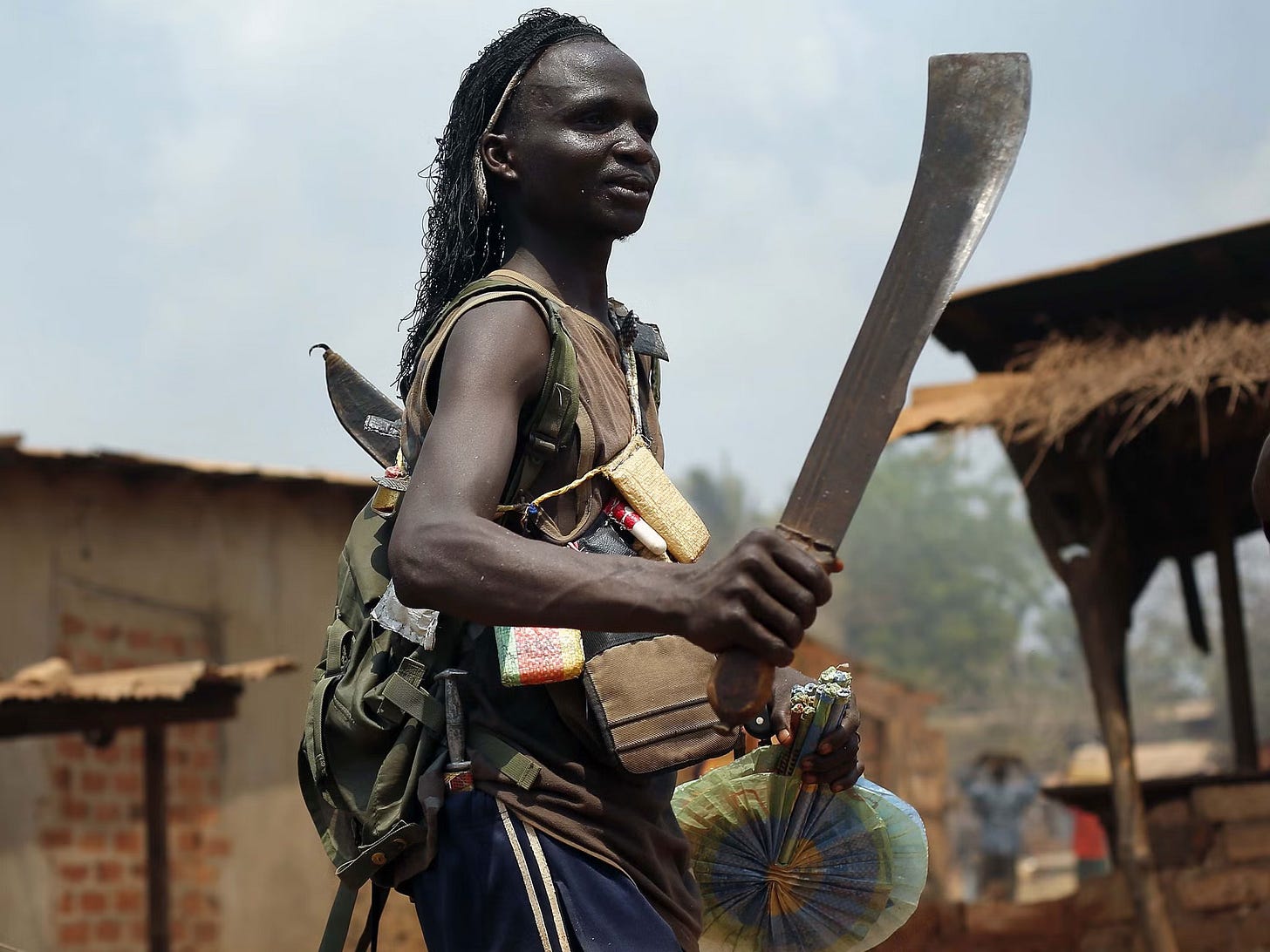Heart of Darkness
The security situation in the Central African Republic remained volatile. While security incidents have decreased, armed groups continue to occupy the provinces and mountains.
Central African Republic: Briefing and Consultations
Tomorrow morning (21 February), the Security Council will hold an open briefing and closed consultations on the situation in the Central African Republic (CAR). Special Representative of the Secretary-General for the CAR and Head of the UN Multidimensional Integrated Stabilization Mission in the Centra…





